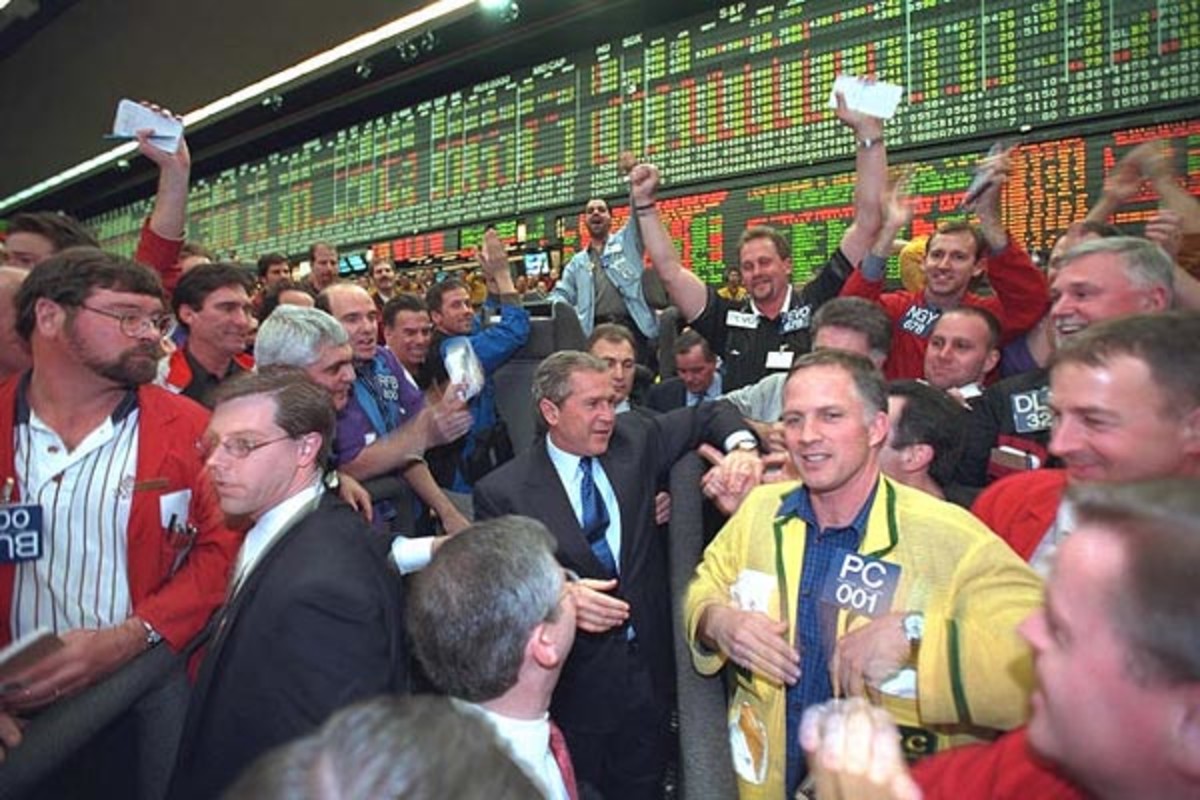
When we last checked in with Dan Shak, way back in 2013, the professional poker player, former hedge fund manager and petty ex-husband was settling allegations that he illegally gamed the gold futures market by banging the close at his old hedge fund, SHK Management. At about the same time (the time he was suing his ex for an equitable share of her high-heel collection), he was planning to get back into the hedge fund game, having shuttered his SHK Management abruptly two years earlier. Then, nothing. Silence. Now, thanks to an old friend and this article by his current employer about the eminently manipulable trade-at-settlement contracts, we may have an inkling why.

